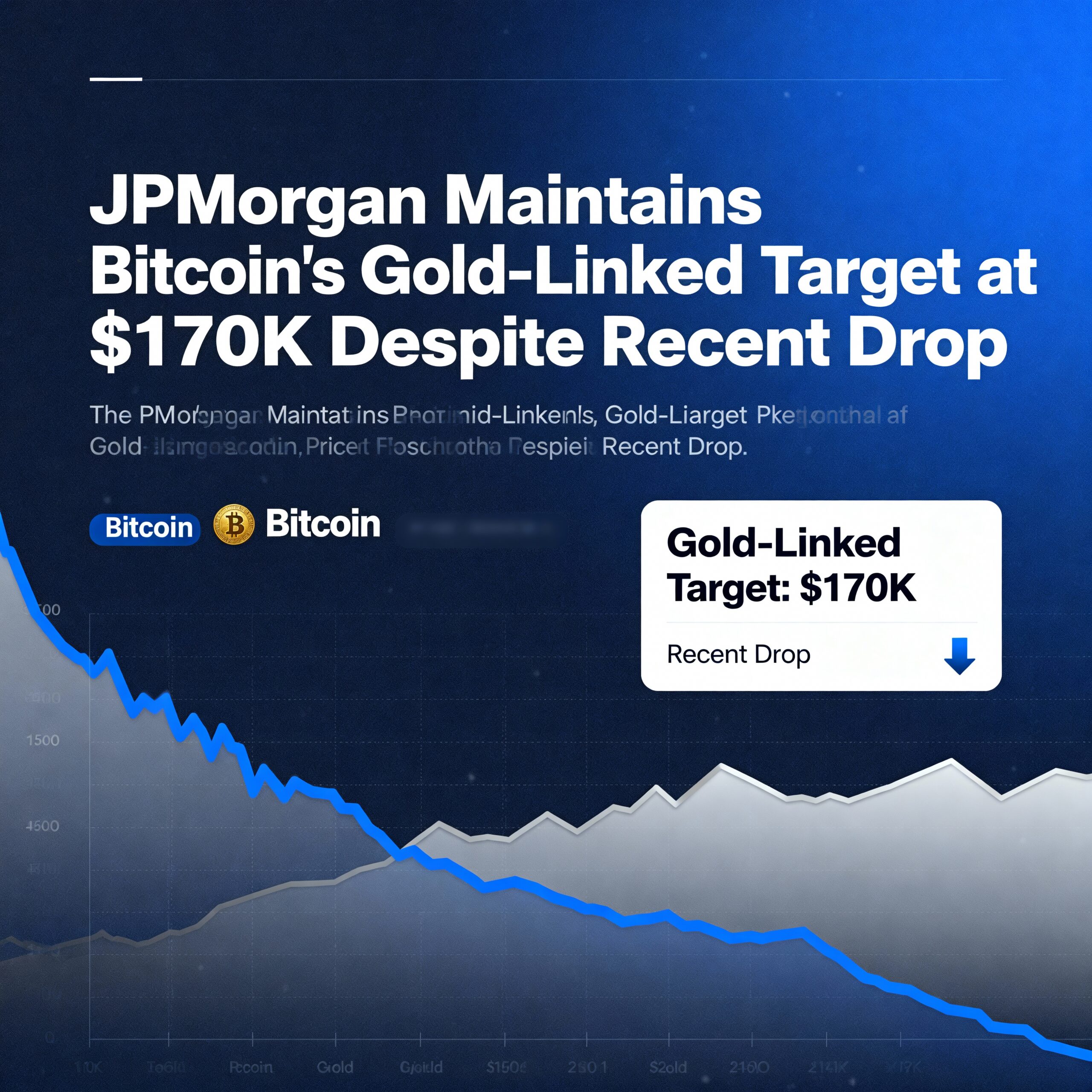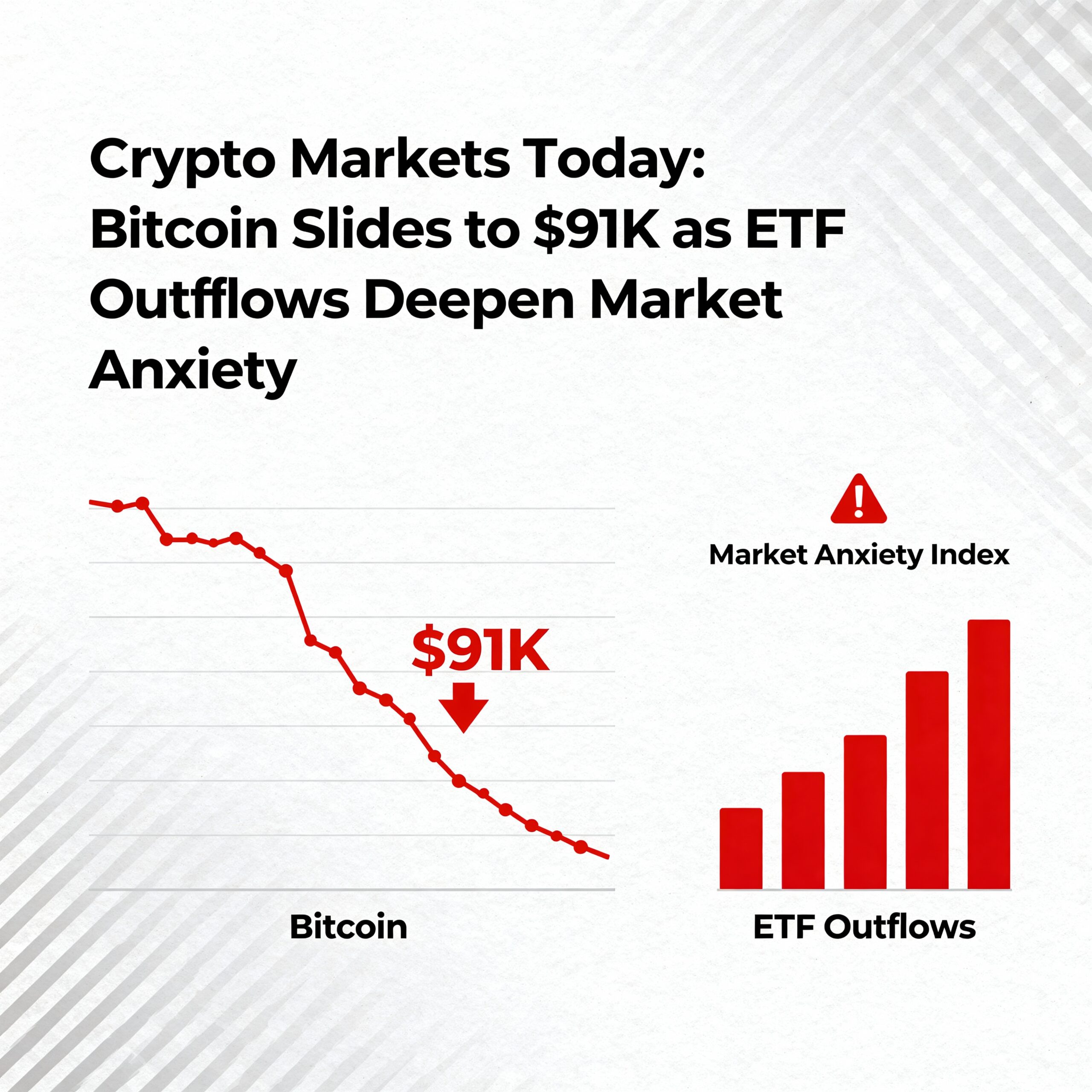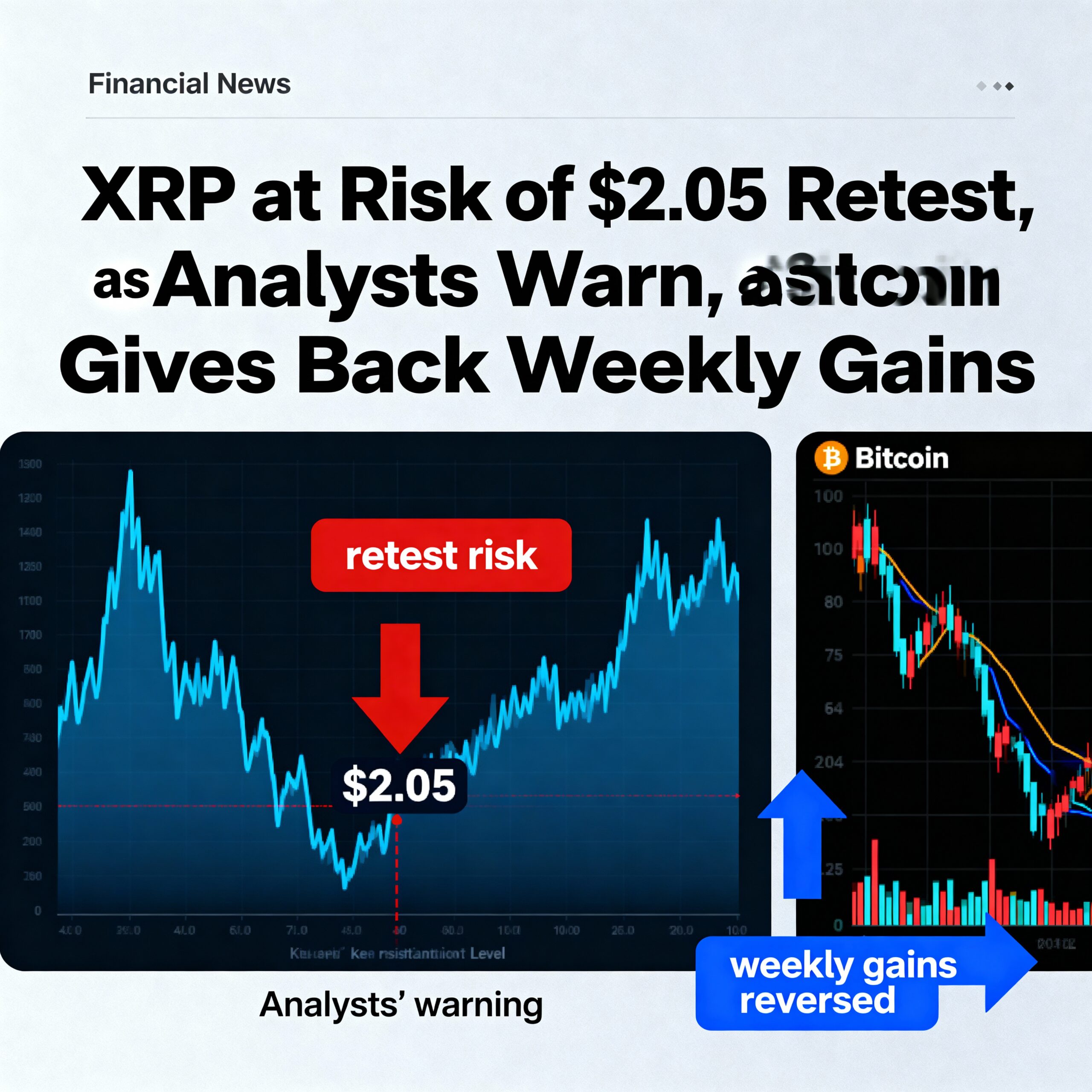
CME Bitcoin Futures Open Interest Declines for Fourth Straight Day; BlackRock’s Bitcoin ETF Attracts Major Inflows
CME Bitcoin Futures have experienced a decline in open interest for four consecutive days, according to recent CME data, signaling a decrease in market leverage.
In contrast, BlackRock’s iShares Bitcoin (BTC) Trust ETF (IBIT) has seen a surge of $970.9 million in inflows, marking its second-largest net inflow since its launch in January 2024, according to Farside data. Of this, $591.2 million was added on Monday, as rivals experienced outflows: Fidelity’s FBTC saw a loss of $86.9 million, Bitwise’s BITB dropped $21.1 million, and ARK’s ARKB faced a $226.3 million outflow.
This comes amid a 7.2% price increase in Bitcoin, now trading at $94,900. Since April 22, IBIT has amassed $4.5 billion in net inflows, reversing broader market trends.
Industry professionals have noticed the shift. Nate Geraci, President of The ETF Store, commented on X:
“Nearly $1 billion into iShares Bitcoin ETF today—this is the second-largest inflow since January 2024. It’s hard to believe we were once hearing about ‘no demand.’”
Meanwhile, Eric Balchunas, Senior ETF Analyst at Bloomberg, observed:
“ETFs are taking two steps forward after one step back, just as we predicted.”
On the derivatives market side, CME Bitcoin Futures open interest now sits at 132,750 BTC, continuing a four-day decline. This drop signals waning futures market engagement but may reverse soon.
The basis yield has increased from 5% to 9% in April, according to Velo data, which could lead to a surge in futures activity and a short-term rebound in open interest as traders seek profitable basis trades.
Why this matters:
In a basis trade, investors buy spot Bitcoin while shorting Bitcoin futures, betting on the price gap between the two. When the yield increases, demand for futures rises, boosting open interest. Conversely, when the yield falls, fewer traders participate, leading to a decrease in open interest and suggesting reduced leverage in the market.





















